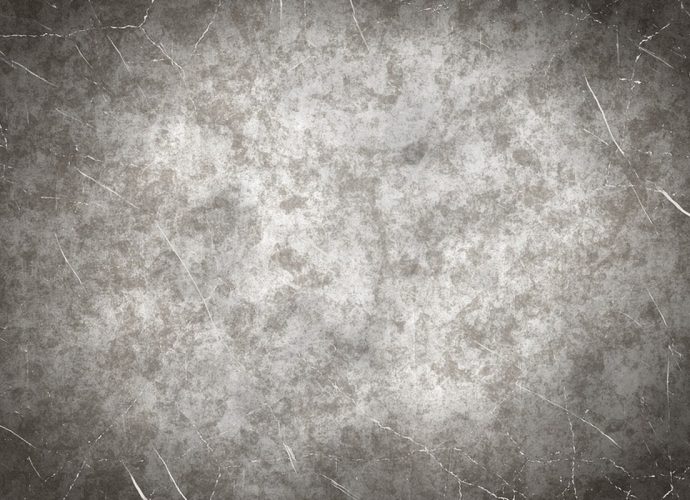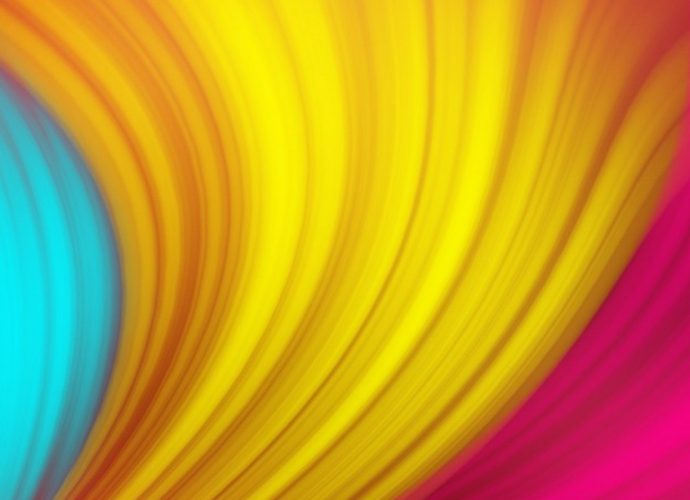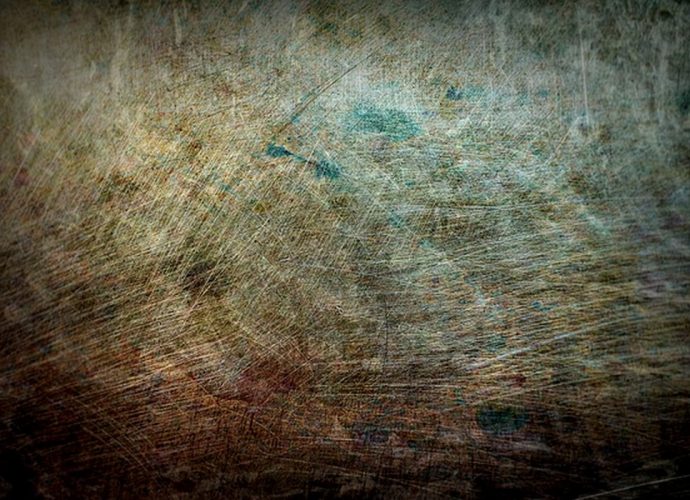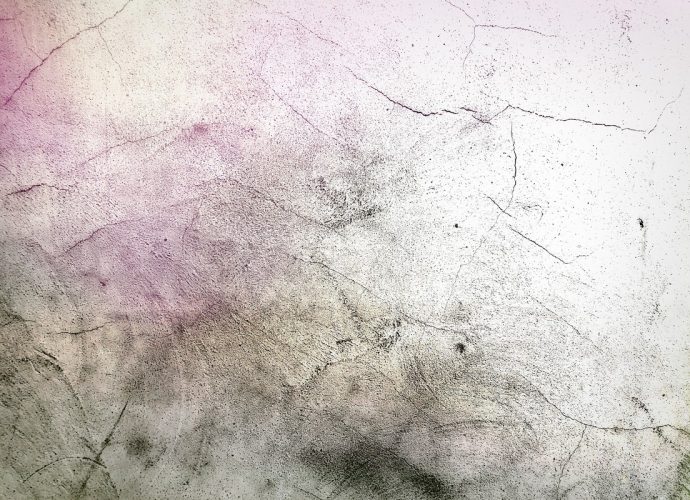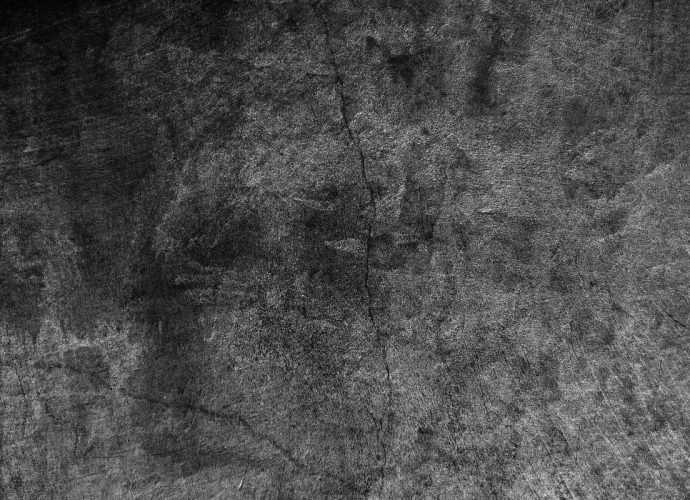What Are The 4 Phases Of A Breath?
In short, the inspiratory rise time determines the rate at which the ventilator achieves a target pressure (in pressure control and pressure support modes) or flow rate (in volume control modes). It is set in percent of the breath cycle (from 0% to 20% of the breath cycle time) orRead More →

